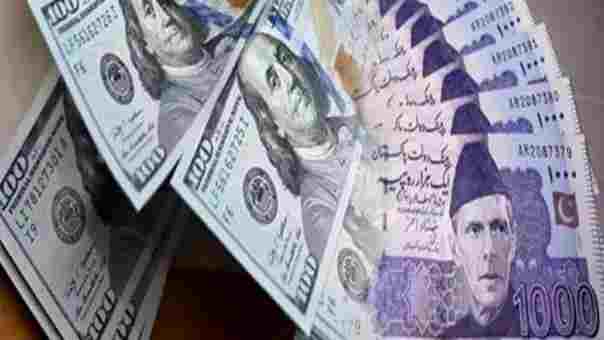The open currency market in Pakistan remained volatile on Thursday, following a turbulent session a day earlier, as exchange rates continued to fluctuate sharply amid persistent economic uncertainty.
Analysts attribute this renewed instability to domestic fiscal pressures and ongoing global financial challenges. These factors have placed steady downward pressure on the Pakistani rupee, prompting widespread concern across multiple sectors.
Currency dealers and financial analysts observed growing unease among importers, exporters, investors, and consumers. The constant fluctuations in exchange rates are increasingly impacting financial planning, international business transactions, and the cost of living. The uncertainty surrounding exchange rates has made budgeting for foreign education, travel, and trade far more unpredictable.
On Thursday, the exchange rates for major currencies against the Pakistani rupee were as follows:
The US Dollar was traded between Rs283.65 and Rs284.15. The UK Pound Sterling hovered between Rs389.92 and Rs390.61, while the Euro ranged from Rs334.74 to Rs335.33. The Canadian Dollar was recorded between Rs207.85 and Rs208.21, and the Australian Dollar between Rs186.70 and Rs187.03.
Other notable exchange rates included the Swiss Franc at Rs358.68 to Rs359.31, the Saudi Riyal at Rs75.64 to Rs75.77, and the UAE Dirham between Rs77.78 and Rs77.91. The Chinese Yuan traded from Rs39.59 to Rs39.66, and the Singapore Dollar between Rs222.90 and Rs223.29. The Swedish Korona ranged from Rs30.13 to Rs30.18, while the Danish Krone was at Rs44.87 to Rs44.94. The Hong Kong Dollar hovered between Rs36.14 and Rs36.20, and the Japanese Yen remained steady at Rs1.98. The Thai Baht stood between Rs8.75 and Rs8.76.
Experts emphasize the critical importance of closely monitoring exchange rates, noting that even minor fluctuations can significantly affect overseas transactions and investment decisions. Exchange rates now play a pivotal role in managing import-export costs, overseas education expenses, and travel planning.
As global economic conditions remain uncertain, further volatility in exchange rates is expected in the coming weeks. Financial analysts advise businesses and individuals to stay informed and adopt prudent currency strategies. Regular tracking of exchange rates can help mitigate risks and identify investment opportunities in a shifting market landscape.
With Thursday’s developments highlighting the ongoing unpredictability, exchange rates remain a central focus of Pakistan’s economic outlook.
